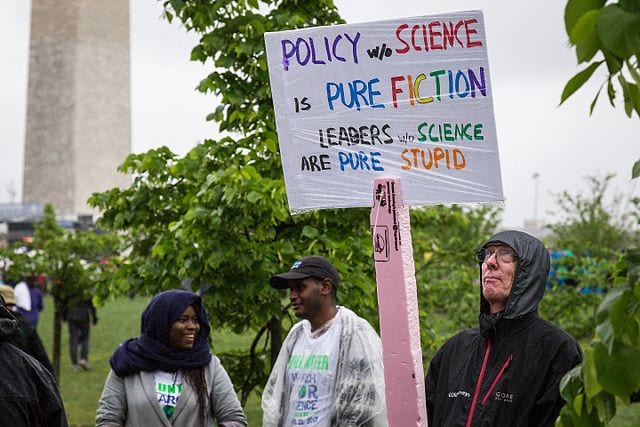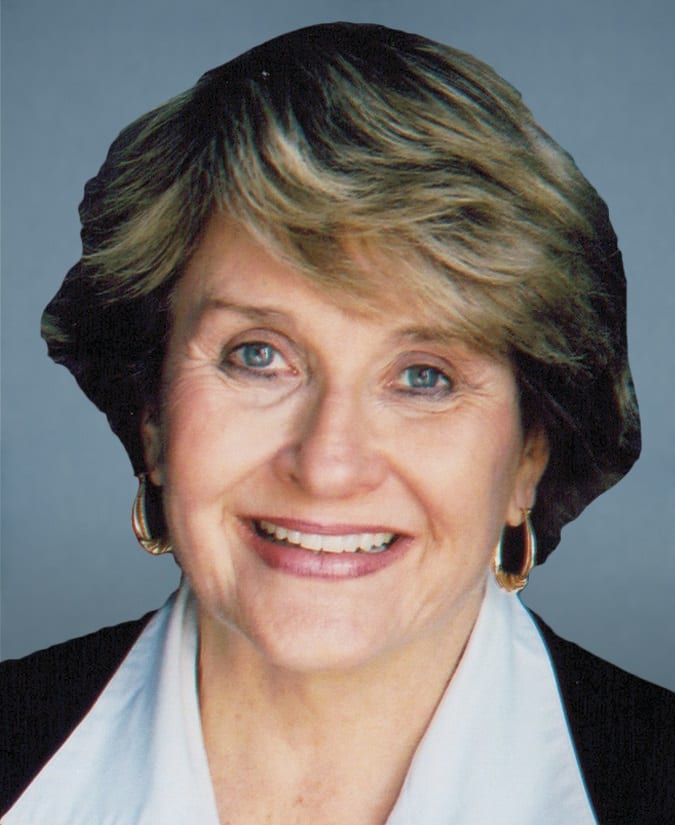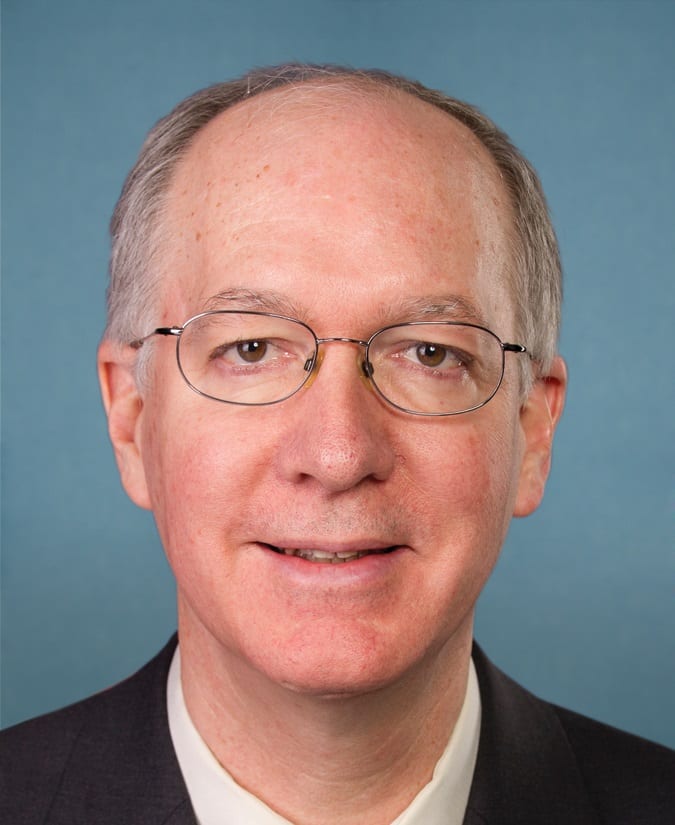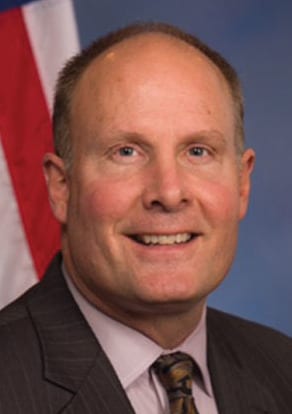Science plays an important role in our society. It answers many of the questions we encounter on a daily basis. Science allows us to send texts and pictures, and operate dozens of apps on our cellphones with just a swipe of the finger. We don't have to wonder if we should grab an umbrella today because science can tell us what the weather will be like. In addition to answering important questions about the world around us, science also helps shape government policy.
Public policy is a vital product of scientific research because it helps us to make better decisions about our health and the health of our planet. One of the most famous science policies to be put into place was the The Clean Air Act, which was passed after researchers voiced strong concerns about air pollutants and public health. Interestingly, science policy is often not produced by scientists at all, but by legislators. Because of this, you might think that the relationship between scientists and policy makers would be cohesive and strong. Unfortunately, that does not appear to be the case. What is the significance of this gap between science and policy?
When science and politics meet, things tend to get messy. Out of 535 members of Congress, only three have backgrounds in science that are not affiliated with the medical field. Democratic representatives Bill Foster (physicist, Illinois) and Louise Slaughter (microbiologist, New York) along with Republican representative John Moolenaar (chemist, Michigan) make up this meager team. Misunderstandings of science research are one side effect of the lack of scientists in Congress. For example, our microbiologist, Louise Slaughter explained that it took her nearly 14 years to pass a single bill on genetic discrimination. She mentioned it was so difficult to pass because the majority of her colleagues did not understand what exactly the bill was about and thought she was trying to pass a bill on cloning.
Another issue is the politicization of science research. The urgent topic of climate change exemplifies this issue. Foster says, “Some of my most heartbreaking discussions are with very intelligent and educated members across the aisle, who we have discussions of things like climate change or other technical issues and they agree that my position is correct from a scientific point of view, and yet because of the political constraints they feel in their party or particularly in the primaries they have to face, they simply cannot vote in the way that science and logic would lead them.†This volatile relationship results in poor science policy.

The expertise of scientists is desperately needed to help shape the future of public policy. There a couple angles we can attack this obstacle with. For one, we can encourage more scientists to become active in the political system by acting on advisory boards or even running for various offices. One suggestion for policy makers, as proposed by Representative Foster, is to create and reinstate science committees to serve government officials. For example, he is advocating for the reestablishment of The Office of Technology Assessment which would provide unbiased scientific advice to Congress and put out regular reports on science and technology matters. There is also a role that citizens can play by creating a demand for more science in policy decision-making. Citizens can achieve this by being engaged in scientific discussions and using their vote to prioritize science issues.
There is a clear gap on Capitol Hill between public policy and the science community. Not bridging this gap could be detrimental to our planet and to our health. It is imperative that we encourage scientists to become more involved in policy making and for policy makers to place a higher value on science. Our responsibility as citizens should be to create this demand and facilitate conversations about how science is communicated and then manifested into policy that is productive for everyone.
Featured Image Credit: Elliott P. via Flickr
 Chelsea Himsl is a master’s student in Geography researching food security, urban agriculture, and political ecology. Chelsea is from the Athens area, and when she is not studying or working on her thesis you can find her reading, hiking with her sweet giant dog, or cooking with her awesome husband. To reach Chelsea send her an email at clhimsl@uga.edu. More from Chelsea Himsl.
Chelsea Himsl is a master’s student in Geography researching food security, urban agriculture, and political ecology. Chelsea is from the Athens area, and when she is not studying or working on her thesis you can find her reading, hiking with her sweet giant dog, or cooking with her awesome husband. To reach Chelsea send her an email at clhimsl@uga.edu. More from Chelsea Himsl.
About the Author
- athenssciencecafehttps://athensscienceobserver.com/author/athenssciencecafe/April 17, 2020
- athenssciencecafehttps://athensscienceobserver.com/author/athenssciencecafe/April 12, 2020
- athenssciencecafehttps://athensscienceobserver.com/author/athenssciencecafe/April 3, 2020
- athenssciencecafehttps://athensscienceobserver.com/author/athenssciencecafe/March 30, 2020










